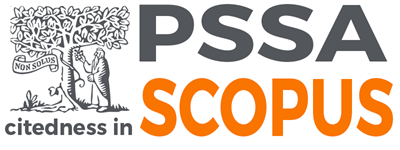Effectiveness of the Inquiry Learning Model in Shaping the Morality and Ethics of Seventh Grade Students in the Academic Year 2024/2025 (A Case Study at SMP Paramita Maitreya Duri, Riau)
Abstract
Moral and ethical education has become a central concern in the 21st century, particularly in the face of rapid social and cultural changes. Schools are expected not only to provide cognitive knowledge but also to shape students’ moral character and ethical responsibility. This study aims to evaluate the effectiveness of the inquiry learning method in developing moral and ethical values among Grade VII students at SMP Paramita Maitreya Duri, Indonesia. The research adopts a qualitative case study design with purposive sampling involving students, teachers, school leaders, and parents. Data were collected through observation, in-depth interviews, focus group discussions, and documentation. The findings reveal that inquiry learning fosters active participation, critical thinking, and reflective engagement in moral education. Students demonstrated improvements in honesty, responsibility, cooperation, discipline, and self-control. Ethical awareness was also enhanced, with students showing increased ability to analyze real-life dilemmas, respect others’ perspectives, and make moral decisions. These findings are consistent with both contemporary educational theories (Bruner, Lickona) and Buddhist teachings (Dhammapada, Kalama Sutta, Sigalovada Sutta). Although challenges remain, such as limited time and teachers’ readiness, inquiry learning has proven to be an effective and culturally relevant approach to moral and ethical education.
 DOI :
https://doi.org/10.53565/pssa.v11i1.2126
DOI :
https://doi.org/10.53565/pssa.v11i1.2126














